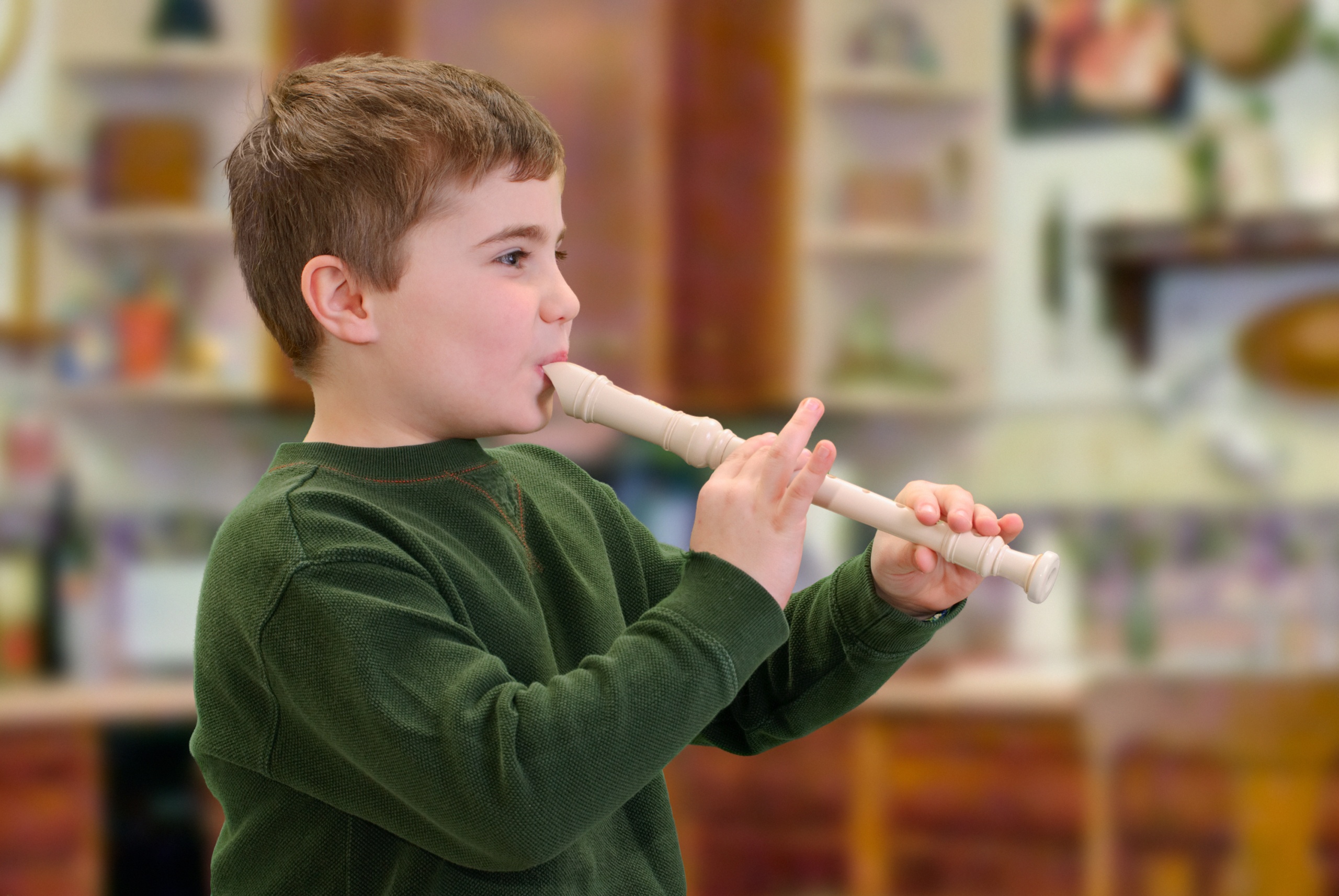Playing an instrument has been widely acknowledged for its numerous benefits in the psychological development of children. As a result, many parents and educators are increasingly encouraging children to participate in music education programs. This article aims to explore the relationship between playing an instrument and child psychological development, and the impact of music education on children’s overall well-being.
Benefits of Musical Instruments in Childhood Development
Toddlers enjoy making music with various instruments, such as a toy xylophone or a toy drum. Playing musical instruments can have a significant impact on children’s development. Music is a crucial aspect of any child’s development, providing cognitive, social, and emotional benefits.
Music is an excellent approach to boost a child’s listening skills, memory, reading skills, focus, and problem-solving abilities. Playing an instrument teaches children to concentrate and be disciplined. Playing musical instruments also fosters creativity by allowing students to experiment with different sounds and rhythms while performing beloved songs or developing their own works. Learning to play an instrument with others is a terrific method for children to connect with classmates who have similar interests.
Based on observational findings, intervention studies have been conducted to determine whether musical training has a causal effect on cognitive development. These research are based on the assumption that musical training may help the development of certain perceptual or cognitive talents, which in turn may support general cognitive advantages. Barbaroux et al. (2019) discovered that children from low-socioeconomic-status backgrounds showed significant improvement on a general cognitive ability test before and after 18 months of musical training; although the study did not include an active control group, the authors did control for cognitive-maturation effects by comparing age-normalized scores at each stage of the study.
In another intervention study (Moreno et al., 2011), young children assigned to a computer-based music-training program for 20 days (including training in rhythm, pitch, melody, and voice, as well as a focus on listening activities rather than instrumental training) improved in verbal ability and executive-function tasks compared to a group of children assigned to a computer-based visual art-training program. Schellenberg (2004) found that children randomly assigned to 1 year of music lessons (small-group lessons in either keyboard or voice) showed greater gains in general cognitive ability than children in two control groups (attending drama lessons or having no additional lessons). Other intervention research examining the brain correlates of musical training supplement such investigations: Children who received 15 months of keyboard training, for example, showed larger structural brain alterations in motor and auditory areas than a passive control group (Hyde et al., 2009).
Playing an instrument demands physical coordination, which might aid in the development of a child’s gross motor skills. Drums and guitar involve the use of both hands and arms, which promotes bilateral coordination and motor planning. Movements like tapping your feet or swaying to the beat can also help with balance and coordination. As children grow, performing in front of an audience provides them self-confidence while also allowing them to focus on expressing themselves via art, which increases self-esteem over time. When children make music, they employ both their auditory and physical skills, which can aid in language development.
Engagement In Music Classes Matter
According to a new Northwestern University study, in order to fully gain the cognitive benefits of a music class, children cannot simply sit there and let the sound of music wash over them. They must be actively involved in the music and in the class. “Even in a group of highly motivated students, small variations in music engagement — attendance and class participation — predicted the strength of neural processing after music training,” Nina Kraus, head of Northwestern University’s Auditory Neuroscience Laboratory, told TIME in an email. She collaborated on the study with Northwestern University’s Jane Hornickel, Dana L. Strait, Jessica Slater, and Elaine Thompson.
Furthermore, the study found that students who played instruments in class had better brain processing than those who attended the music appreciation group. “We like to say that’making music matters,'” Kraus explained. “Because it is only through the active generation and manipulation of sound that music can rewire the brain.” Kraus stated, “Our results support the importance of active experience and meaningful engagement with sound to stimulate changes in the brain.” Active involvement and meaningful engagement translate into children who are very involved in their musical training–these are the kids that had good attendance, paid great attention in class, “and were the most on-task during their lesson,” according to Kraus.
Kraus’s Northwestern team collaborated with The Harmony Project, a community music program serving low-income youngsters in Los Angeles, after the Harmony Project’s creator sought Kraus to give empirical evidence for the program’s success with students. According to The Harmony Project’s website, despite a dropout rate of 50% or more in their neighborhoods, 93 percent of Harmony Project seniors have gone on to college since 2008. It’s an incredible accomplishment, and the Northwestern team devised research to investigate those startling results. That study, published in the Journal of Neuroscience in September, found direct evidence that music training had a physiologic effect on children’s growing neural systems.
Following that, the team decided to see if the level of engagement in the music training actually matters. It turns out that it does. After two years, children who not only attended music classes on a regular basis, but also actively participated in the class, showed greater gains in how the brain processes speech and reading scores than their less-involved counterparts.
How the Musical Recorder Benefits Psychological Development in Children
The recorder is a popular woodwind instrument that has been widely used in music education for children. Its simplicity and affordability make it an ideal choice for introducing young children to the world of music. Learning to play the recorder can provide a solid foundation for cognitive development in children. The process of reading sheet music, understanding musical notation, and mastering finger placements enhances a child’s memory, attention, and problem-solving skills. Furthermore, the act of coordinating breath control, finger movements, and reading music simultaneously helps develop multitasking abilities, which are essential for various aspects of life.
The recorder can also serve as a tool for emotional development in children. Playing the recorder allows children to express themselves creatively, and as they progress, they can begin to interpret and convey various emotions through their playing. This emotional expression can help children develop a deeper understanding of their feelings, which is essential for emotional intelligence and overall psychological well-being. Playing the recorder can also foster social development in children. When children participate in group music lessons, ensembles, or school performances, they are required to collaborate and communicate with their peers. This helps them develop essential social skills, such as teamwork, leadership, and cooperation, that will benefit them throughout their lives. For some children, playing an instrument can serve as a therapeutic outlet. Music therapy has been used to help children with various emotional, cognitive, and behavioral issues, such as autism, ADHD, and anxiety disorders. The process of learning to play an instrument can provide a sense of accomplishment and self-worth for these children, which can improve their overall well-being.
Mastering the recorder can provide children with a sense of accomplishment and self-worth. As they overcome challenges and achieve milestones in their learning journey, children develop resilience and confidence in their abilities. These qualities are crucial for psychological well-being and can contribute to a positive self-image. Learning to play the recorder can serve as an excellent introduction to other musical instruments, such as the flute or clarinet. As children gain confidence and proficiency in playing the recorder, they may become more inclined to explore other instruments, further expanding their musical horizons and promoting their cognitive, emotional, and social development.
Parents and educators play a crucial role in supporting children’s interest in playing the recorder. By providing opportunities for children to attend music classes, practice at home, and participate in performances, parents and educators can help foster a love for music and its numerous psychological benefits.
The role of playing the musical recorder in child psychological development is significant. By engaging in this accessible and enjoyable activity, children can experience cognitive, emotional, and social growth. The recorder serves as an excellent introduction to the world of music and has the potential to unlock a lifetime of benefits for children. Encouragement and support from parents and educators are essential in helping children develop a love for playing the recorder and reaping its many rewards.




